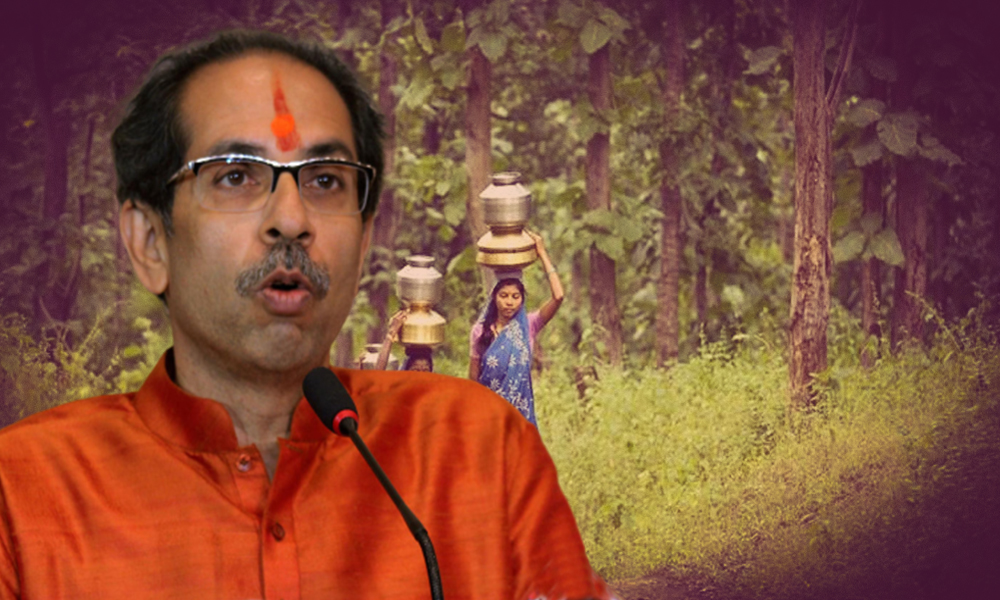
Image Credits: Vijaya Karnataka, Loksatta
Maharashtra To Give One-Time Rs 4,000 Grant Each To 12 Lakh Tribal Households
Writer: Reethu Ravi
Reethu, a story teller, a person often found between the pages of a book or contemplating the nuances of life.
Maharashtra, 14 Aug 2020 10:51 AM GMT | Updated 14 Aug 2020 11:23 AM GMT
Editor : Shubhendu Deshmukh |
Shubhendu, the quint essential news junky, the man who loves science and politics in equal measure and offers the complete contrast to it by being a fan of urdu poetry as well.
Creatives : Vijay S Hegde
I am a creative, artistic and ambitious designer, with a talent for thinking outside the box and coming up with innovative ideas and designs. I graduated with a 1st Class honors degree in Video Editing from MAYA ACADEMY OF ADVANCED CINEMATICS
The Maharashtra cabinet on Wednesday cleared the Rs 436-crore revival scheme for tribal and forest-dwelling communities, under which, each tribal family will get a special one-time grant of Rs 4,000.
Amid the COVID-19 crisis, the Maharashtra cabinet on Wednesday, August 12, cleared a ₹436-crore stimulus package for tribal and forest-dwelling communities. Under this revival scheme, each tribal family will get a special one-time grant of ₹4,000.
Maharashtra has 1.25 crore tribal population distributed among 11.55 lakh-odd households. While the state's tribal development department, headed by Congress minister KC Padavi, had proposed the grant to be in both cash and kind, some senior cabinet ministers, including the finance department, were in favour of direct benefit cash transfers, stating that the disbursement will be quicker and more effective, reported The Indian Express.
In May, the state government had formed a high-level panel to suggest measures for revival of the economy, which had recommended cash transfers to vulnerable sections struggling due to the COVID-19 lockdown.
In line with Padavi's recommendation, the cabinet approval states that the cash grant would be limited to ₹2,000 for urgent purchases and the remaining will be in form of ration supplies and distribution of essential commodities.
Tribal and forest-dwelling communities are among those worst-hit by the lockdown that came into place to curb the spread of COVID-19. The lockdown was also in place between April and June, when the bulk of the annual collections of minor forest produce takes place.
In addition, with barely any construction activity happening in cities, the families who migrate annually for their livelihood had to return early to their villages.
The scheme's implementation will be overseen by a high-powered committee under Additional Chief Secretary (Finance) Manoj Kumar Saunik. The state government is aiming to transfer the first allotment of the grant in the coming month or so.
 All section
All section














